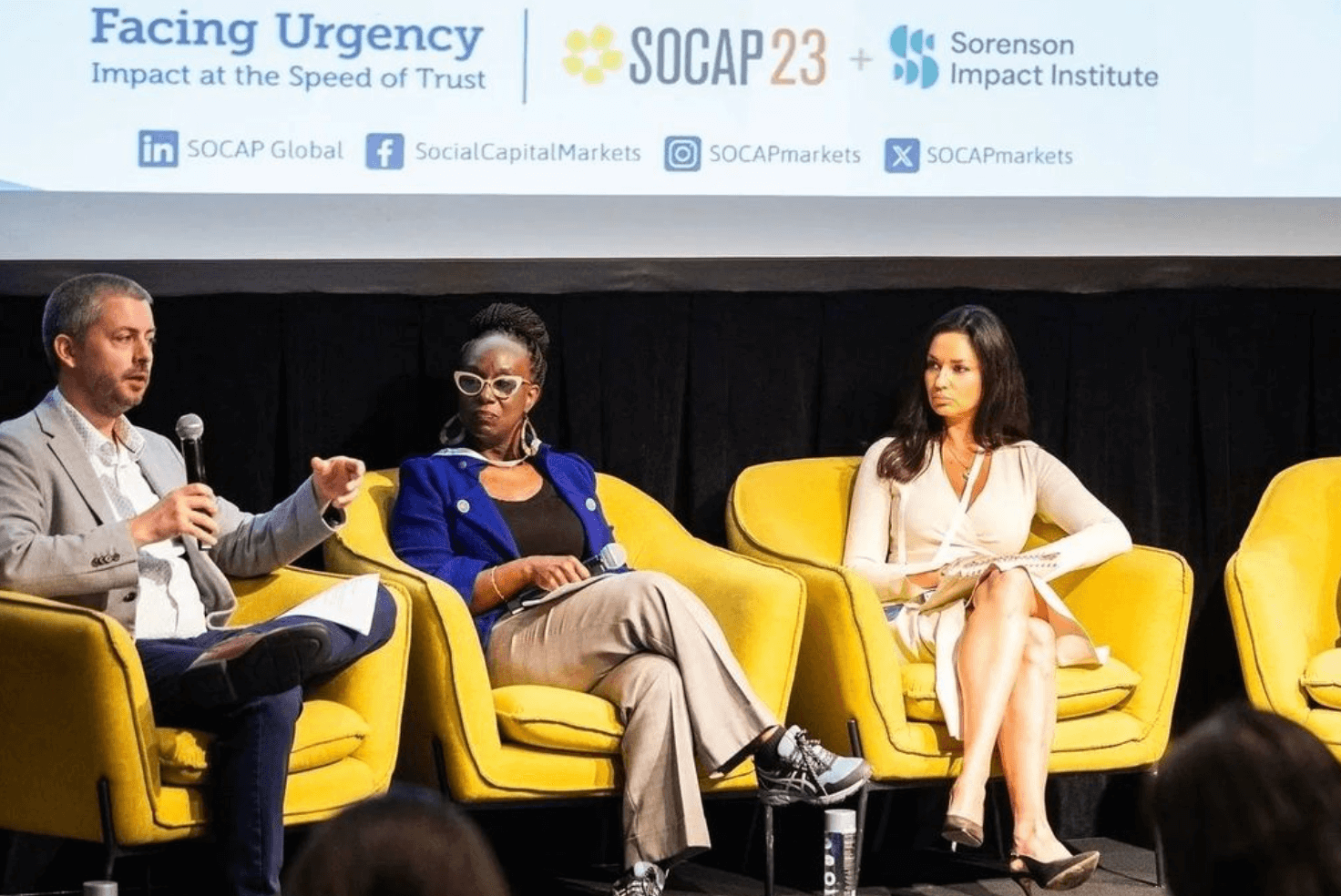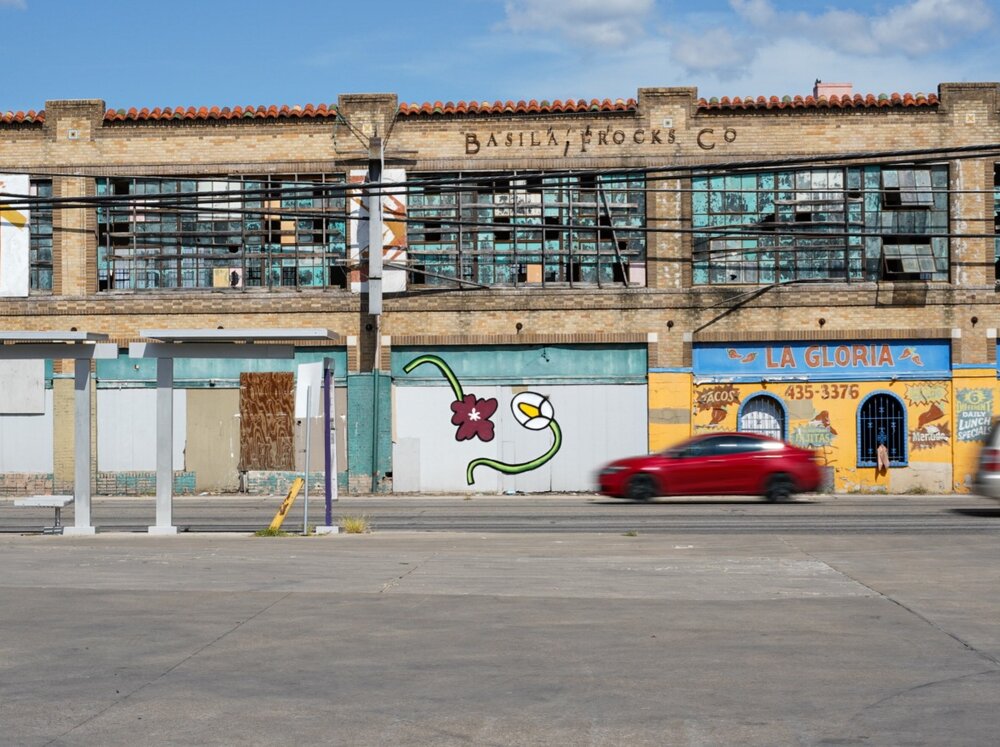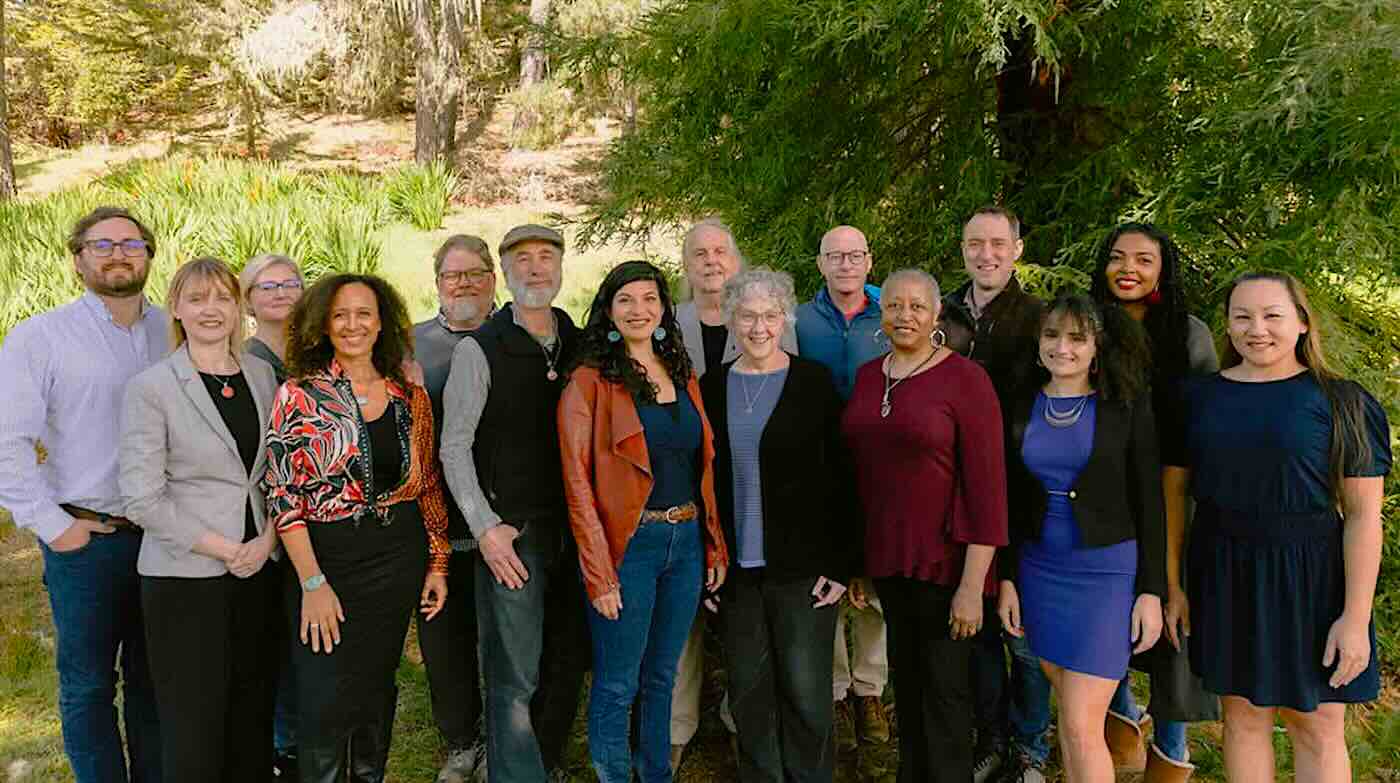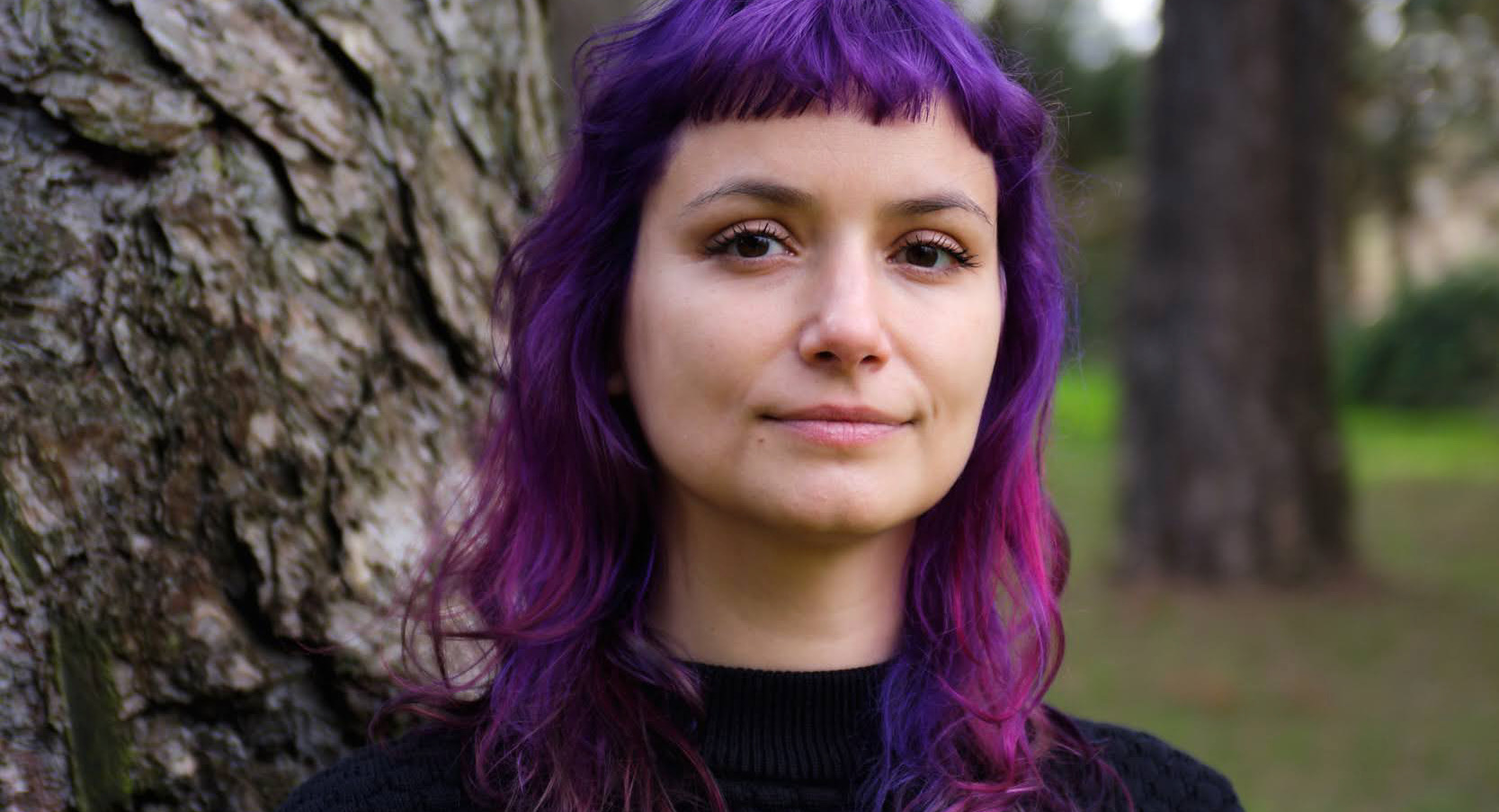A group of mission-aligned investors is pooling philanthropic capital to provide early, flexible capital to help first-time managers launch funds to finance employee-ownership conversions and increase home ownership rates in marginalized communities.
The new Unlock Ownership Fund is part of a new crop of multi-donor funds that are seeking to activate the big pools of capital sitting idle in tax-advantaged donor-advised funds. Because donor-advised funds already have been pledged to charitable purposes, the thinking goes, their backers can accept higher risks, lower returns or longer time horizons than commercial investors.
The Unlock Ownership Fund, for example, is aiming to spur financing for an equitable and inclusive “ownership economy” that builds wealth for low-income, Black and Brown households and communities, rather than for large private equity investors.
“We are very mission-aligned people that want to play a role in the ecosystem by helping launch more of those emerging models that are going to unlock asset ownership,” says Pluralize Capital’s Amy Brakeman, a longtime individual impact investor.
Brakeman created the Unlock Ownership Fund alongside Brian and Katie Boland of the Delta Fund, and Deborah Frieze of the Boston Impact Initiative.
The fund has secured $5.5 million in commitments from donors thus far. It is housed at Impact Charitable, a Denver-based DAF provider with a structure that enables access to foundation program-related investments, or PRIs.
Unlock Ownership Fund has its eye on an initial $10 million to make grants and other forms of catalytic investments in about two-dozen emerging ownership funds and investment initiatives.
Pipeline development
Brakeman and other organizers of Unlock Ownership Fund are on the hunt for emerging ownership economy funds that support enterprises led by and serving individuals from marginalized communities. The fund hasn’t made any investments yet but is seeking emerging worker and home-ownership funds that need early stage financing.
“Some of them will need a loan for working capital and it’ll be a three-year loan with low-interest rate so they can get access to lower-cost capital,” Brakeman says.
Brakeman’s individual portfolio includes Project Equity’s Employee Ownership Catalyst Fund, an LA-based fund that provides financing for employee-owner transitions via structures such as employee ownership trusts and worker cooperatives. The Denver-based Dearfield Fund for Black Wealth is providing down-payment assistance for first-time Black homebuyers. And Apis & Heritage, based in Washington, DC, helps small and mid-sized businesses with large Black and Brown workforces transition to employee ownership.
“We’ve invested in most of the different models that exist so far. We want to make it easier for other catalytic investors to get involved,” Brakeman told ImpactAlpha. “These are really investable models that are going to reduce the racial wealth gap.”
Unlock Ownership Fund’s investment committee includes ecosystem leaders such as Gary Community Ventures’ Santhosh Ramdoss and Smitha Das of World Education Services, and Boston Impact Initiative’s Henry Noel Jr.
“One particularly exciting aspect of the fund is the manner in which we are shifting decision making,” Brian Boland told ImpactAlpha. “The investment committee has majority votes from leaders in the ecosystem so will be directing the funds to the investments where they see the highest impact.”
Multi-donor funds
The ownership fund is part of a new set of multi-donor funds that allows more flexibility in design and collaboration between impact investors and philanthropists than donor-advised funds, or DAFs, for unlocking access to catalytic capital (see, “Multi-donor funds emerge as a creative architecture for collaborative, catalytic capital”).
More than $229 billion in assets are currently held in DAF accounts. Donors of such accounts are seeking to diversify their portfolios across investments that prioritize positive impact over financial returns, according to a study from Boston-based Social Finance, backed by The Rockefeller Foundation.
Social Finance, which is raising a $250 million fund to unlock DAF capital for impact-first deals, was an early investor in Blackstar Stability.
Other examples of multi-donor funds include Heading for Change, which is building a portfolio at the intersection of climate and gender equity. Upstart Co-Lab has created a multi-donor fund to finance an “inclusive creative economy,” including design, food, music and media as well as the arts. Sea Forward Ocean Health is investing to support a sustainable ocean. Those multi-donor funds are hosted by ImpactAssets.
Robert Wood Johnson Foundation has used program-related investments to catalyze capital for early-stage ownership funds. The New Jersey-based foundation was an early investor in Apis & Heritage’s buyout fund with a $4 million investment, accompanied by an additional $400,000 grant. RWJF also provided a $500,000 grant, alongside a $4 million allocation to Blackstar Stability’s Distressed Debt Fund, which is helping low-income, minority families transition out of predatory mortgage loans and into more stable, traditional mortgages.
“What we’ve heard from DAFs and foundations is that they want to be working in this sector, but there’s some barriers for them, feeling like they don’t have the opportunity to specialize in it,” Boland says. “We’re meeting what we’ve heard the market wants.”
Racial wealth gaps
Black and Brown household wealth has increased in recent years, but so has the racial wealth gap. The racial wealth gap increased by $49,950 between 2019 and 2022, shows the most recent federal data. For every $100 in wealth held by white households in 2022, Black households held only $15.
Brakeman and her co-founders are cognizant of exacerbating wealth inequalities that disproportionately impact low-income communities in the US, particularly Black and Brown communities.
“This is very emotional for me. This is really unjust because I got on all the on-ramps that society allows for people like me, and those on-ramps were blocked for so many other people,” says Brakeman.
“Once I took the blinders off and really saw how systemic these challenges are and how these barriers are so cruel to families, I can’t live with my wealth and my voice if I don’t make an effort to do something about it.”
Brakeman is set to present the Unlock Ownership fund at next week’s Employee Ownership Ideas Forum, hosted by Aspen Institute and Rutgers’ Institute for the Study of Employee Ownership and Profit Sharing. The panel, New Frontiers in Employee Ownership Finance, also includes Common Trust’s Zoe Schlag, Apis & Heritage’s Phil Reeves and Sorenson Impact’s Jim Sorenson.
Sorenson Impact Foundation in February provided a $1 million program-related investment to Redemption Holding Company to acquire Holladay Bank. When completed and pending federal regulatory approval, the transaction will mark the first time that Black investors have purchased a non-minority-owned bank.
Schlag’s Common Trust has helped design and finance conversions to “employee ownership trusts” from a chain of car-repair shops in Utah to an open-source software company, Code Weavers.
With Unlock Ownership Fund, Brakeman and her colleagues want to see the next crop of diverse-led funds with innovative strategies to, well, unlock ownership.
“We’re doing those early-stage deals, so that when it gets to the point where they’re like an Apis & Heritage Fund 1, they’re ready,” Brakeman said. “And then when they’ve done a few pilot projects, and they’ve returned a bit of capital, then they’re ready to really go to the commercial marketplace.”











